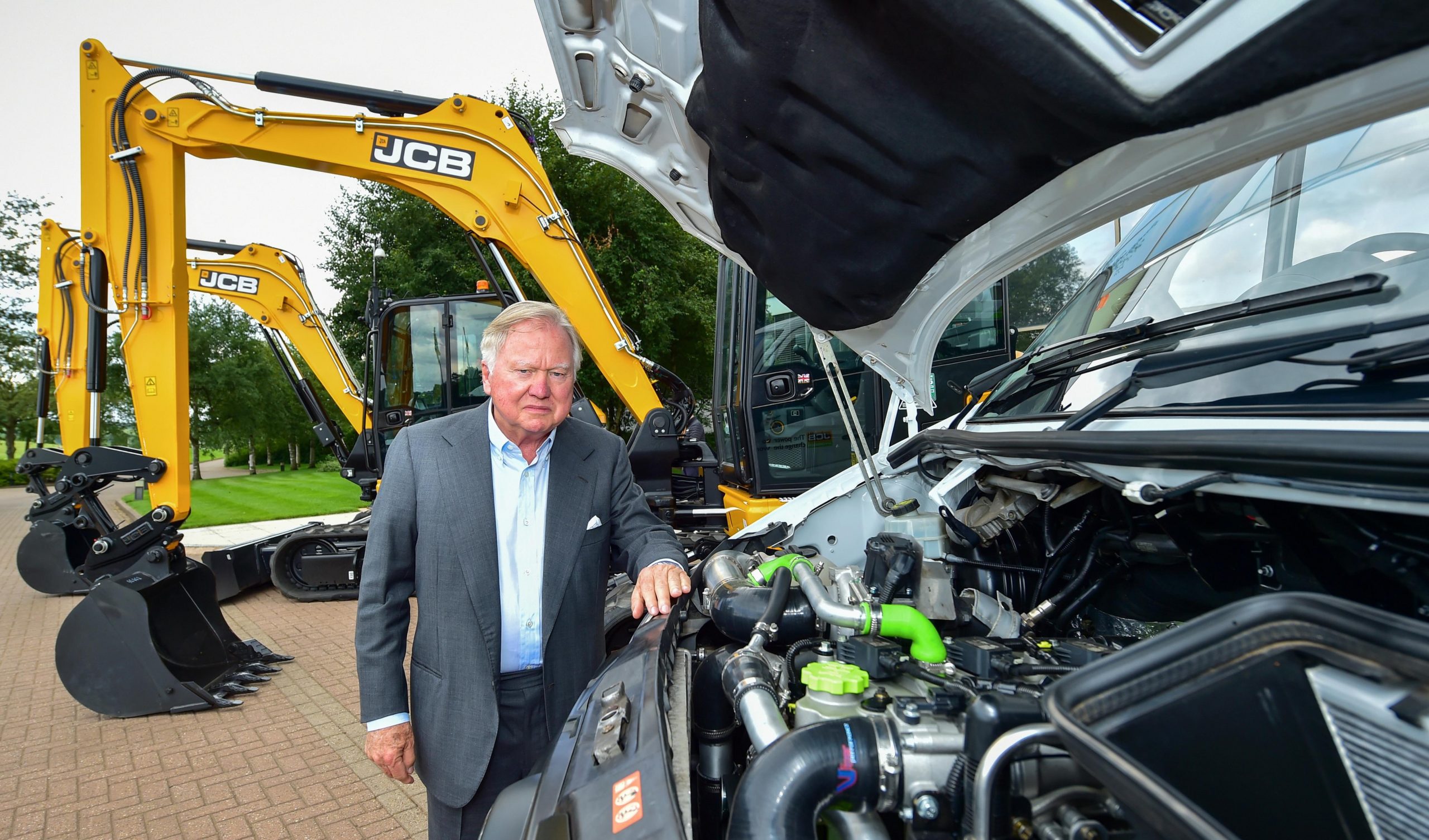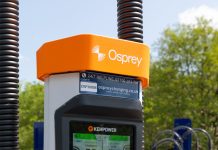JCB has installed its hydrogen engine technology into a Mercedes-Benz Sprinter van as part of a project to prove the wider appeal of the technology.
The retrofit of the previously diesel-powered van was finished in two weeks and one of its first test drivers was JCB chairman Anthony Bamford, who is spearheading the company’s £100m hydrogen engine programme.
JCB said the switch is another breakthrough which underlines that this form of power could represent a quicker way to reach global carbon dioxide emissions targets.
This latest development follows the plant manufacturer’s installation of its hydrogen engine into a 7.5-tonne Mercedes truck in February this year.
The internal combustion engine used in the Sprinter is the same as those already powering prototype JCB construction and agricultural machines.
JCB has already made more than 70 hydrogen internal combustion engines in a project involving 150 British engineers which now power prototype JCB backhoe loader and Loadall telescopic handler machines.
Other recent innovations include a mobile hydrogen refueller unveiled in 2022, developed to provide a quick and straightforward way to refuel machines on site.
The company’s hydrogen internal combustion engines are manufactured at its plant in Derbyshire.
Anthony Bamford said, “We have retrofitted this vehicle with a JCB hydrogen engine to demonstrate how simple it will be to convert existing vans and to show that it is not only construction and agricultural machines that can be powered by hydrogen.
“While converting vans will not be for JCB to do, it does prove there is something else other than batteries that can work very effectively.”




